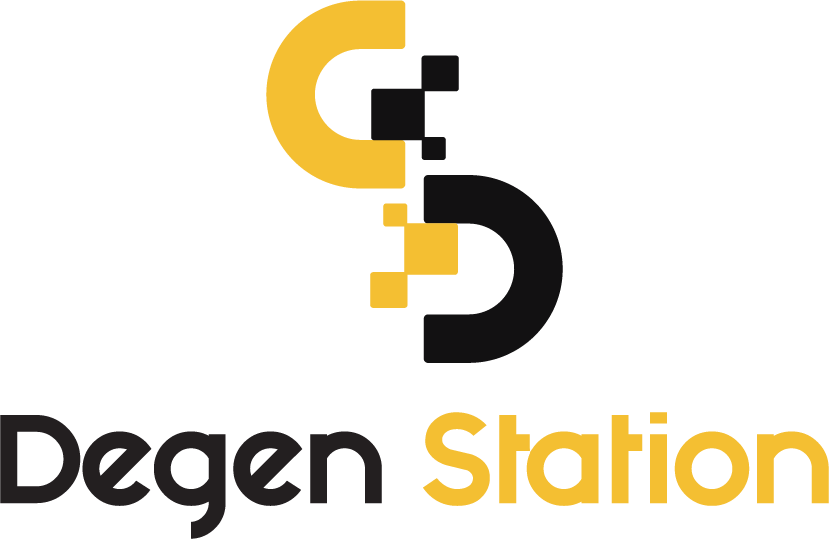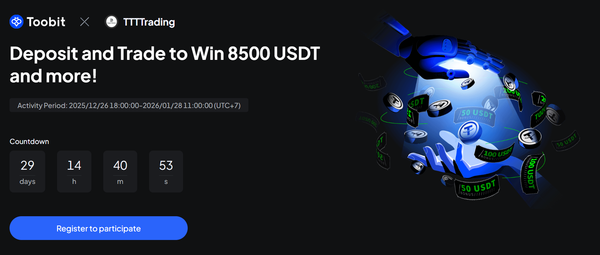Arbitrum Proposes New Transaction Processing Mechanism Called Timeboost

In response to recent congestion issues on Layer-2, Arbitrum has announced a new transaction sorting and processing proposal called Timeboost.

Arbitrum Proposes New Transaction Processing Mechanism Called Timeboost
The proposal was unveiled and discussed in Arbitrum's DAO forum on the evening of June 28th. This mechanism is planned to be applied to networks using Arbitrum's toolkit, alongside the two core networks, Arbitrum One and Arbitrum Nova.
Introducing Timeboost; a new tx ordering policy for Arbitrum chains.
— Arbitrum (💙,🧡) (@arbitrum) June 28, 2024
Check out the AIP that just went live on the forums for the inclusion of Timeboost on Arbitrum One and Arbitrum Nova.https://t.co/nTZ9zuAXyZ pic.twitter.com/nd8EH0fSJE
A significant change introduced by this proposal is the ability for users to pay priority fees to have their transactions included and processed on Layer-2 ahead of others. Currently, Arbitrum's Layer-2 processing mechanism operates on a first-come, first-served basis, meaning transactions are processed in the order they are received.
Explaining this change, the Arbitrum DAO stated that the new approach aligns better with long-term goals and provides a more stable user experience, as opposed to the congestion experienced in recent days. During peak events, such as airdrops, this mechanism will reduce spam and thus minimize the strain on network hardware.
However, this approach also brings trade-offs, particularly concerning Maximal Extractable Value (MEV). With the priority fee mechanism, MEV bots could easily exploit arbitrage opportunities, putting regular users at a disadvantage regarding exchange rates.
Impact on Protocol Value Accumulation
Regarding value accumulation for the protocol, Arbitrum noted that the new transaction sorting mechanism will benefit from the activities of MEV bots, in contrast to the current situation where no revenue is generated from these extractive activities. The proposal outlines two methods of collecting priority fees: in ETH (to be deposited into the DAO Treasury) and in ARB tokens (to be collected and burned).
Technical Mechanism of Timeboost
Technically, Timeboost will outline two paths for transaction processing: a "Normal path" with a 200ms transaction delay and an "Express lane," a priority path operating on an auction mechanism with no delay.
As of the time of writing, this proposal is in the discussion phase and will undergo on-chain voting after feedback is gathered.
On Thursday, June 20, 2024, the Blob Base Fee spiked to 8,000 GWEI making blobdata more expensive than calldata for the second time since the Dencun upgrade.
— Blocknative | ⛽ (@blocknative) June 26, 2024
During the peak of recent airdrop claims, Arbitrum experienced transaction congestion. This congestion coincided with a surge in Layer-1 Blob prices as the demand for Data Availability (DA) from Layer-2 networks skyrocketed. This phenomenon inadvertently forced Layer-2 networks to revert to the old data mechanism of Calldata.
Thus, the new proposal can be seen as a temporary trade-off by Arbitrum to minimize bot spam during the Execution phase, though deeper issues such as DA and interactions with Layer-1 remain open for further solutions.





